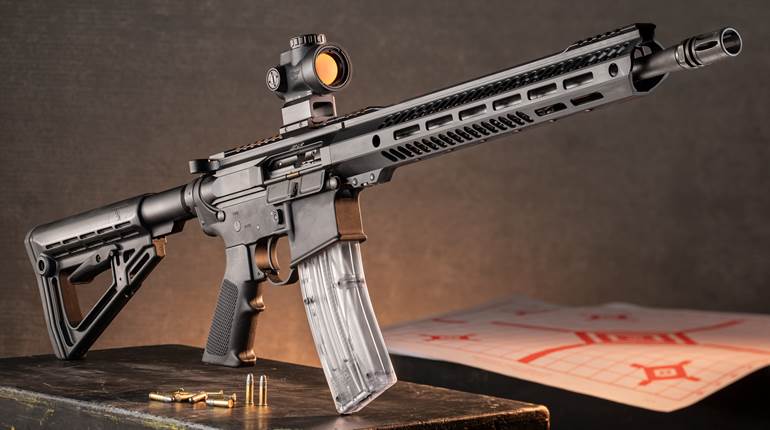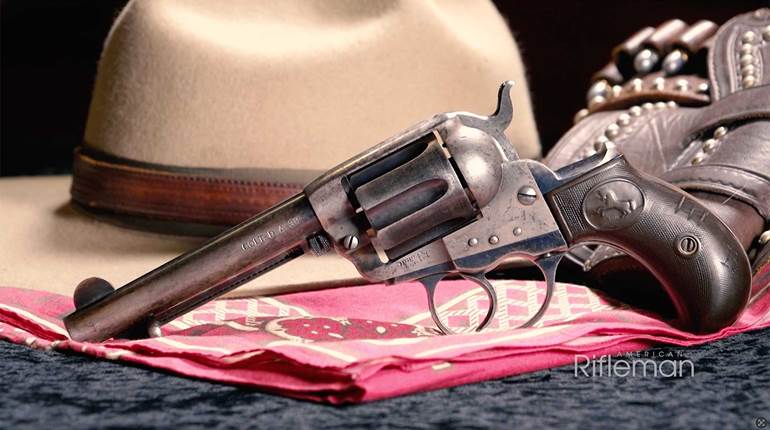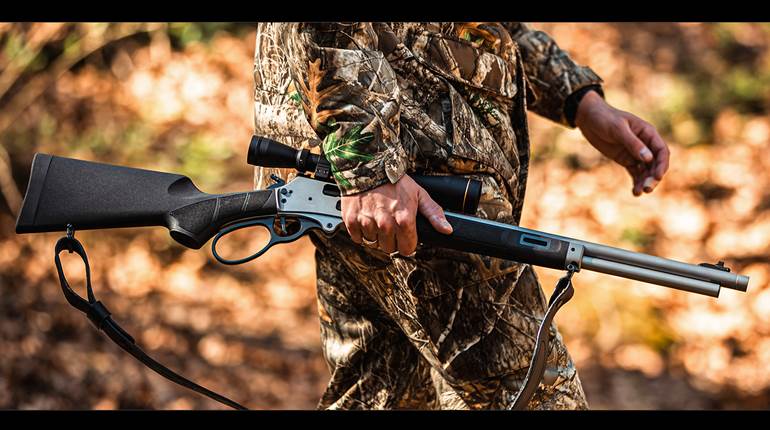
“Gun buyers have been flocking to Lithuania's stores since the start of the war in Ukraine, with sales increasing up to eight times and applications for gun licenses doubling,” according to a March 2 EuroNews report. “Some stores have reported selling as many handguns in a week as during the preceding year.”
A writer for The Globe and Mail visited a gun shop in eastern Poland earlier in March and learned, “Piotr Wiarski [the owner] has never sold as many…rifles, Glock pistols, pump-action shotguns and other firearms of all kinds as quickly as he has since Russia invaded Ukraine last month. And don’t even ask him about bullets. They’re sold out, too.” His store is roughly 6 miles from the border with Ukraine, and directly on the route taken by thousands of refugees trying to escape rocket and artillery attacks striking civilian targets.
Even before Russia’s unprovoked Feb. 24 attack on Ukraine, the Australian Financial Review reported gun stores in the nation were out of stock, or close to being so. The offensive slowed and completely stalled on some fronts, which bought enough time that “…men of fighting age lined up for hours outside gun shops in the western city of Lviv on Tuesday to buy hunting rifles and shotguns to protect their communities,” according coverage by the Reuters news bureau on March 1. According to Great Britain’s Metro newspaper, however, there was no ammunition available for civilian purchases in Kyiv—much closer to the Russian border—as early as Feb. 14.
The war resulted in a stateside firearm sales spike as well. Total volume for February was down 3.9 percent when compared to that of February 2021, according to estimates from Small Arms Analytics & Forecasting based on FBI NICS figures. “However, it is noticeable that the number of daily NICS background checks conducted on February 24th, 25th, 26th and 28th were unusually high, coinciding with the beginning of Russia’s invasion of Ukraine,” said SAAF Chief Economist Jurgen Brauer. Feb. 27 was a Sunday, when many FFLs are closed or open under abbreviated work hours.





































